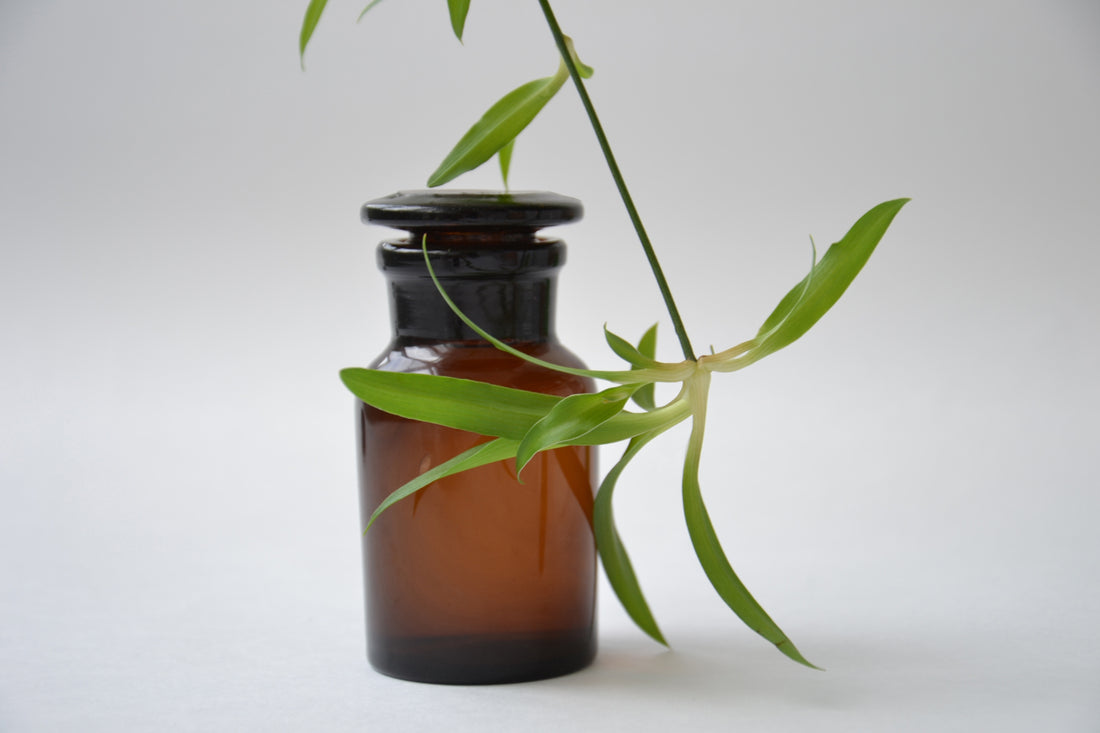As more and more consumers are becoming aware of the benefits of plant-based ingredients, a growing number of food manufacturers are including them in their products. The most popular choice is still turmeric, which is one of the main spices used for cooking in many Eastern countries.
But what about ferulic acid? This compound has been shown to have antioxidant properties, but it is also commonly added to skin care products due to its ability to improve cell turnover rate and increase collagen production. However, ferulic acid can be quite difficult to obtain since it is usually found in walnuts or wheat bran (which isn't vegan). Luckily there are some great alternatives out there:
Turmeric
Turmeric is a natural antioxidant and anti-inflammatory, so it's particularly helpful in reducing the appearance of dark spots, but also can be used to lighten your skin overall. Turmeric has been shown to have as much antioxidant power as vitamin E (tocopherol), making it a great choice for fighting free radical damage.
When applied topically, turmeric may promote wound healing, reduce inflammation and improve blood circulation in the affected area. This makes turmeric good for treating acne scars or blemishes caused by small wounds such as bug bites or scratches.
As an added bonus: not only does turmeric have anti-inflammatory properties that reduce redness from wounds like pimples' marks; it also blocks melanin production.
Coffee
Coffee is a natural antioxidant and an excellent source of magnesium, potassium, and niacin. It also has anti-inflammatory properties. Research shows that coffee can help protect against certain types of cancer such as prostate cancer.
Coffee contains polyphenols, which are compounds found in plants that act as antioxidants in the body; these polyphenols may help prevent chronic diseases like diabetes or heart disease by reducing inflammation in your body's cells.
Ginger
Ginger is a common spice in Ayurveda. It has been used for centuries as a medicinal herb and has many health benefits, including:
- Anti-inflammatory properties
- Antibacterial and anti-viral properties
- Antioxidant properties
Ginger also contains an active ingredient called gingerol, which helps reduce inflammation in the body. Gingerol is able to do this because it inhibits COX 2 enzymes from being produced by the body. COX 2 enzymes are responsible for causing inflammation in muscles, joints, and other areas of your body.
Cinnamon
Cinnamon is an antioxidant and anti-inflammatory. It can help regulate blood sugar and control weight. Cinnamon extract has been shown to reduce glucose levels in the blood after meals, helping to manage insulin levels and reduce the risk for diabetes in those who are overweight or obese. In addition to its beneficial effects on blood sugar levels, cinnamon may also have a positive impact on cholesterol levels. A study published in Diabetes Care found that a daily dose of 2 grams of cinnamon reduced LDL (or bad) cholesterol by nearly 23%, while increasing HDL (or good) cholesterol by 12%.
Carrot
Carrots are rich in antioxidants, which help to prevent skin damage from environmental factors. They also contain beta-carotene, which is converted to vitamin A in the body and is good for the skin, eyes and hair.
Carrot oil contains gamma linolenic acid (GLA), an essential fatty acid that helps with inflammation.
Onion
Onion is a rich source of vitamin C, and it also contains flavonoids and sulfur compounds that are known to have anti-inflammatory properties. Moreover, onion has been found to be effective against the common cold virus (i.e., rhinoviruses), which can cause the common colds that we all experience every winter season.
In addition to its antioxidant benefits, onion may also improve skin health by preventing damage caused by UV rays thanks to its high antioxidant capacity. The antioxidants in onions are thought to help prevent premature aging caused by free radicals because they reduce the damage caused by these harmful molecules.
Ferulic acid is a powerful antioxidant that can be found in many fruits and vegetables. It is also an important part of the skin's defense system. However, if you are looking for Ayurvedic alternatives to ferulic acid then consider trying any one of these Ayurvedic alternatives instead.


